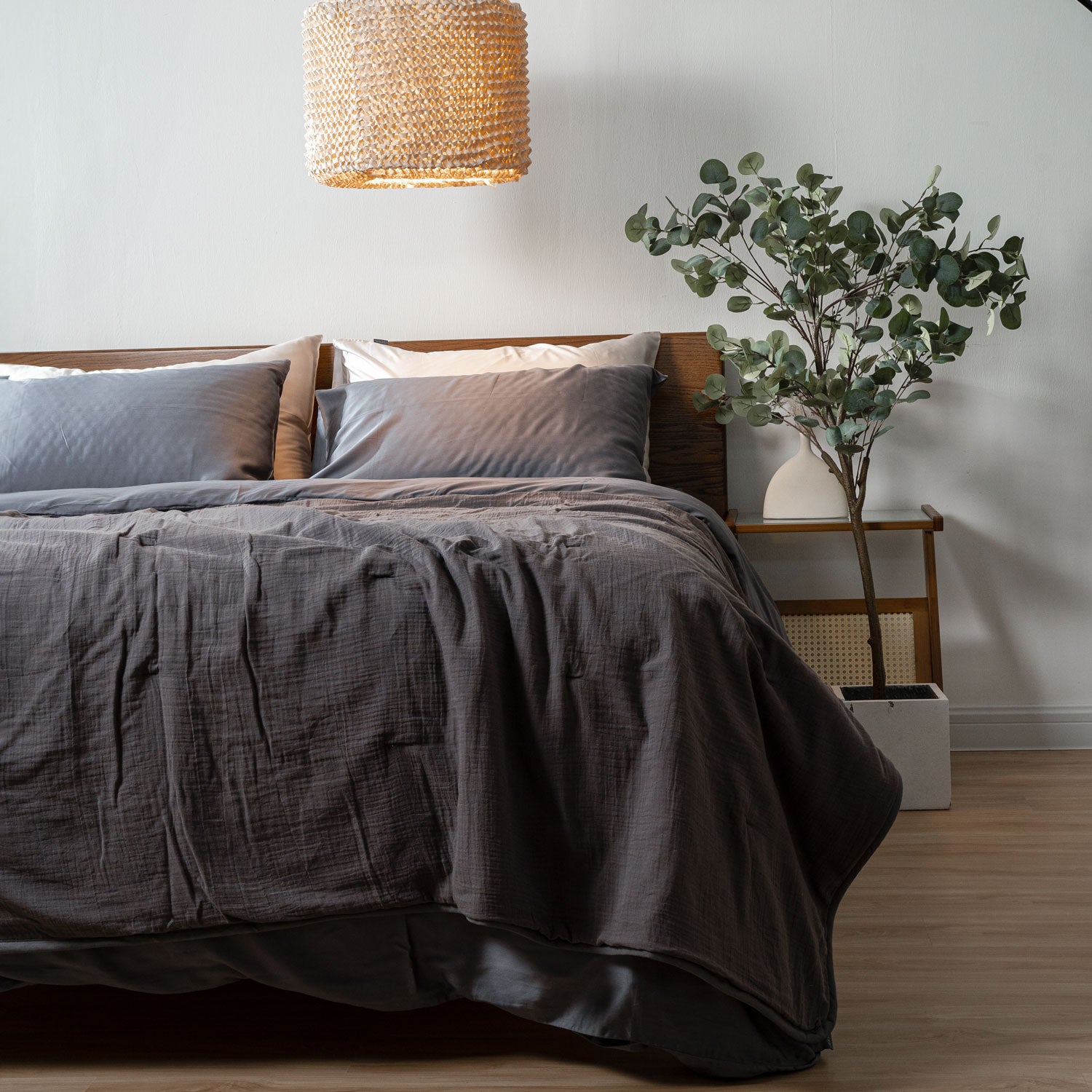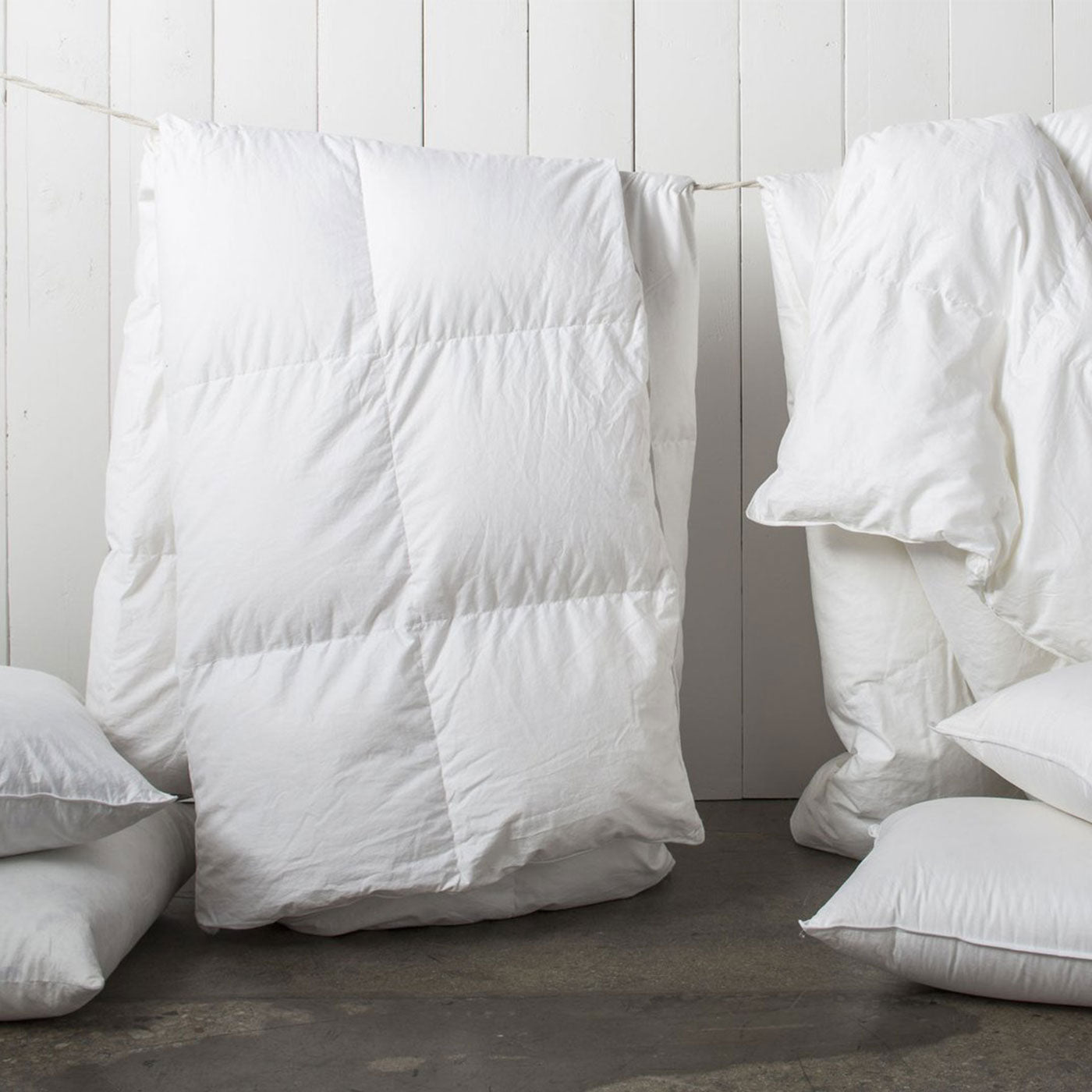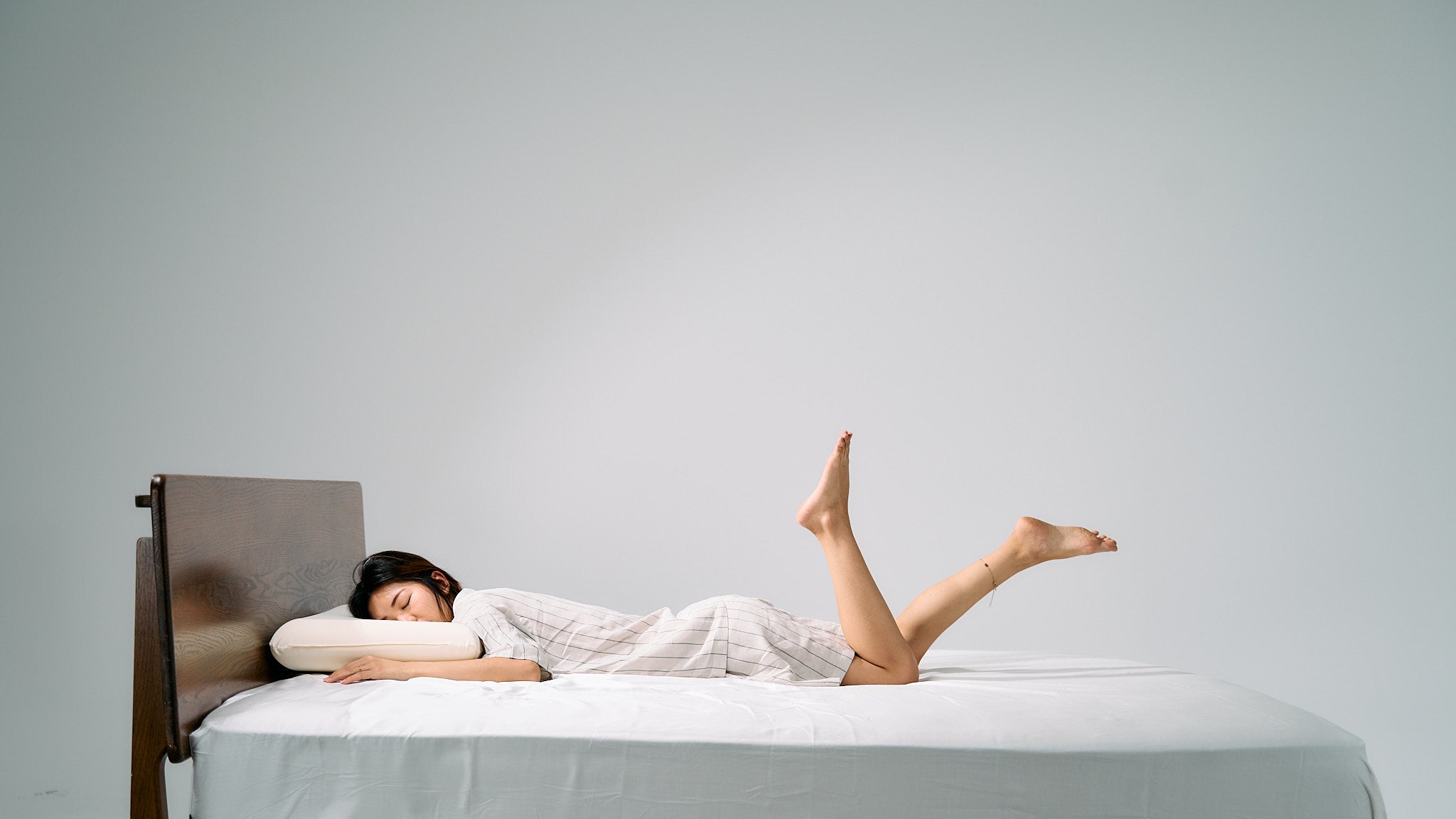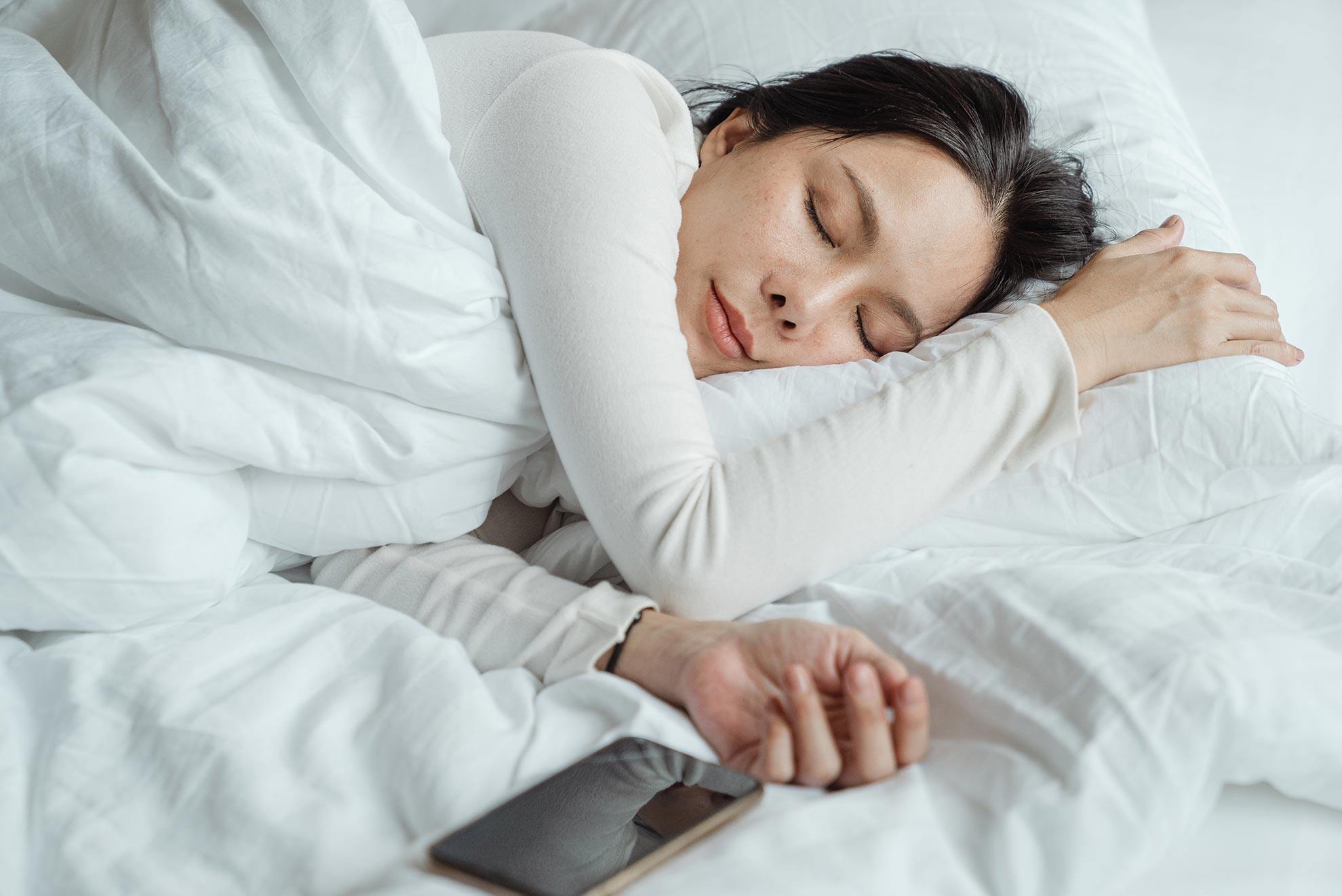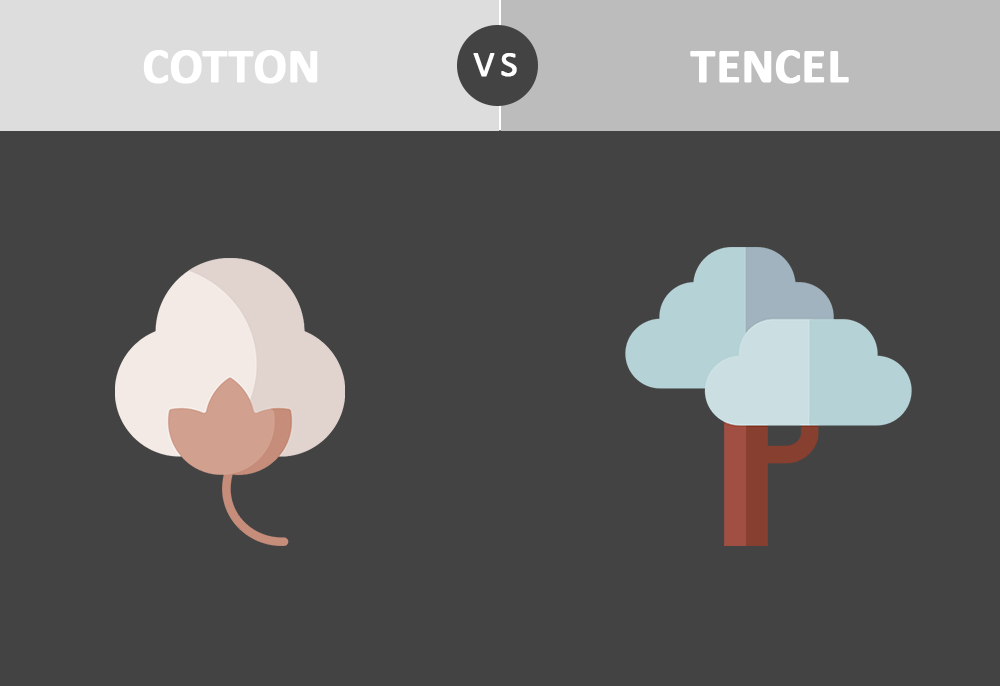
How Much Sleep Do You Really Need?
Some days, you'll wake up before your alarm goes off, feeling refreshed and energized. Other times, you sleep until the very last second. Even if you're getting a relatively constant amount of sleep each night, you'll feel very different when you wake up.
So how much sleep do you really need? The solution to sleep problems lies in the sleep cycle, which is the stage your body goes through every day when you sleep.
Knowing how much sleep you need is related to optimizing sleep cycles, age, and personal preferences. If you want to wake up refreshed and energized, read on to learn how much sleep you really need.
Sleep Guidelines by Age

Stages of Sleep
Your body goes through several cycles while you sleep. Each cycle is broken down into four phases: N1, N2, N3, and REM sleep. Each of these overarching sleep cycles takes an average of 90 minutes — which is why it’s generally recommended to coordinate your sleeping schedule with the number of sleep cycles you can complete.
For example, within the recommended 7–9 hours for adults, 7.5 hours of sleep equals five sleep cycles and nine hours of sleep equals six sleep cycles.

Stage 1 : Is the beginning of the sleep cycle and is a relatively light stage of sleep. Stage 1 can be considered a transition period between wakefulness and sleep.
In Stage 1, the brain produces high amplitude theta waves, which are very slow brain waves. This period of sleep lasts only a brief time (around five to 10 minutes). If you awaken someone during this stage, they might report that they were not really asleep.
Stage 2 : The Second stage of sleep and lasts for approximately 20 minutes. During stage 2 sleep: You become less aware of your surroundings. and body temperature drops. Breathing and heart rate become more regular
Older studies suggested that bed-wetting was most likely to occur during this deep stage of sleep, but some more recent evidence suggests that such bed-wetting can also occur at other stages. Sleepwalking also tends to occur most often during the deep sleep of this stage. Stage 4 :During REM sleep . The brain becomes more active. The body becomes relaxed and immobilized. Dreams Occur and Eyes move rapidly.
Most dreaming occurs during the fourth stage of sleep, known as rapid eye movement (REM) sleep. REM sleep is characterized by eye movement, increased respiration rate, and increased brain activity. The American Sleep Foundation suggests that people spend approximately 20% of their total sleep in this stage.
REM sleep is also referred to as paradoxical sleep because while the brain and other body systems become more active, muscles become more relaxed. Dreaming occurs due to increased brain activity, but voluntary muscles become immobilized.
Signs You’re Not Getting Enough Sleep
Tips to Sleep Better at Night
- Increase bright light exposure during the day
- Reduce blue light exposure in the evening
- Don't consume caffeine late in the day
- Sleep in a cool room
- Optimize your bedroom environment
- Relax and clear your mind in the evening
- Take a relaxing bath or shower
- Get a comfortable bed, mattress, and pillow
To Each Their Own
So how much sleep do you really need? Well, the answer is that it depends. A growing child likely needs several more hours of sleep than their parent, but sleep is also unique to each individual. To determine how much sleep you really need, take a look at your sleeping habits to diagnose how well you’re sleeping and determine what you can do to sleep better.
Want to get the best sleep of your life?
Starting catching some zzz’s with a cozy mattress and soft sheet today.




